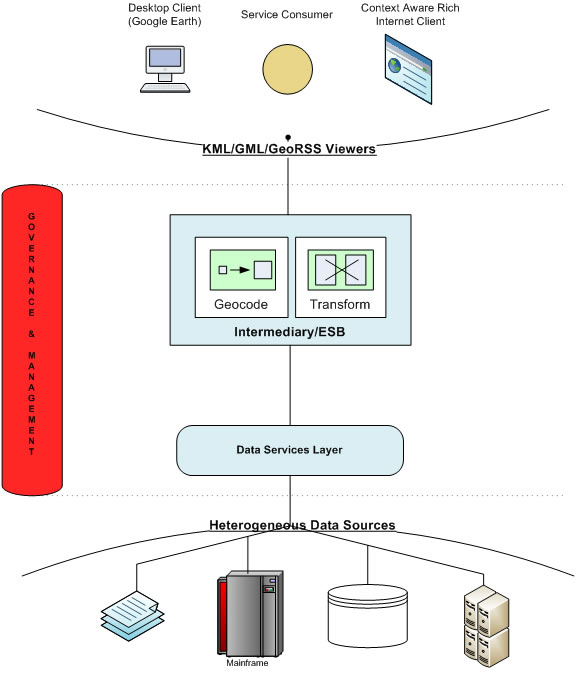About 15 years ago I came across ‘The Guerrilla Marketing Handbook’ by Jay Conrad Levinson. The concept was to create branding and lead generation through unconventional and small scale activities and events that could have as much impact as a large seven figure advertising campaign. Unfortunately, a lot of people took this as an excuse to commission irritating and humourless “viral” internet campaigns churned out by clueless marketing agencies. However, the concept of getting maximum results from minimum resources has stuck with me.






















